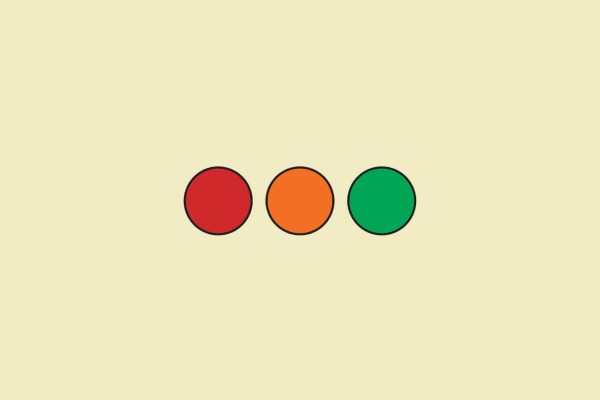Content warning: sexual violence mentioned
How do you know if someone wants to have sex with you?
Seriously, how do you? This is the question that researchers like Dr Melanie Beres have asked over 100 people from a range of ages, genders, and sexual orientations. Their responses are similar, ranging from “they are kissing back” to “I can tell by their social cues that they are into it.” In fact, these cues are similar, regardless of whether you are with a long-term partner or engaging in a one-night stand. Beres notes that in her research, and in research done on this topic internationally, “the ways in which we communicate about sex is actually really consistent with how we communicate about all sorts of social interactions. It’s not that different.” Comparisons have even been made to asking a friend out to a coffee or to a movie - typically we can tell by social cues and body language whether or not they are interested.
So why does sex suddenly make willingness, or consent, seem complicated? One possibility is the emphasis on “enthusiastic consent” education that dominates the sex education arena. “An enthusiastic yes” is a frequent response researchers get when they ask people to define what consent means. It is, however, inconsistent with the law; the law does not require enthusiasm or verbal consent. Beres notes that this definition leaves a concerning juxtaposition; that consent is when your partner does not say no.
This, according to Beres, contributes to the strong belief in the role of miscommunication in sexual violence. However, genuinely misunderstanding your partner’s sexual desire, or lack thereof, “just isn’t found in research”. Miscommunication just becomes an excuse for someone to not listen to their partner.
Beres believes that the future of consent culture may be about increasing our expectations. People need to expect that their partners will listen to them and understand when they are not into something. Consent needs more than just a verbal cue, it needs a willingness. It is being an active participant.
Consent also needs to be recontextualised (whoa, big word, someone has almost finished her Masters) as more than just the physical act of sex. Last year, Otago student Tanya Findlater facilitated ACC’s Mates and Dates programme, the point of which was to get people to realise that “we negotiate consent on a daily basis in heaps of different ways.” The programme, taught in high schools, focused on developing healthy relationships to combat sexual and physical violence.
This is not too dissimilar to the workshop offered on campus by Te Whare Tāwharau, CommUNIty 102, which was run during O-Week this year and taught to 1200 students. It challenged ideas around miscommunication, alcohol, and the social pressures of sex and having certain kinds of sex - all of which, Beres notes, can have implications for sexual violence.
Consent is not black and white, “but it’s also not this mysterious thing that you can never figure out”, as Beres puts it. When participants in her research are asked to define consent, they usually get it wrong. She adds, however, that this is “not reflective of their understanding of whether or not someone is willing to have sex with them,” but more a result of the idea that consent is a kind of permission; an enthusiastic yes.
So, how do you know if your serious partner, or party fling, wants to have sex with you? Next time you think someone is dtf, take notice of their body language, and maybe let them take the lead. Use your judgment, and don’t forget that improving your communication skills won’t just make sure your partner is comfortable, but will ultimately lead to much better sex.



